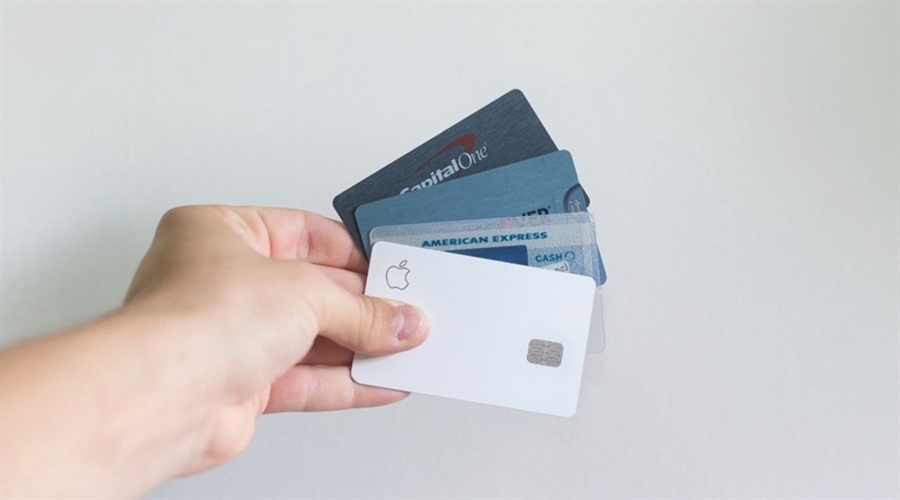Great customer service may retain clients and reach a new audience even if the product is average. At the same time, the critical point of any service is receiving payments. Rejected transactions, as well as long payment confirmations usually result in time losses for clients. This, in turn, hurts the company’s goodwill.
So, an outstanding customer experience requires reducing transactions denied or delayed, and facilitating convenient payment options for customers. That is not an easy thing to do with a single gateway.
Faced with these issues, companies connect their apps to multiple payment processors. Let’s consider the prime causes for using several payment solutions more closely.
Covering greater geographic areas
The need for multiple gateways is evident when a business expands overseas. While dealing with other countries, you’ll notice a distinction in support levels. Some providers may cite support for a specific country but, in fact, they support only particular payment methods and currencies. Or their capacity to process transactions quickly and lag-free is limited.
By adding support for multiple payment processors, you’ll have the opportunity to route transactions through the gateway that renders the best maintenance for a specific region. The outcome is more efficient transactions for your business.
Providing business flexibility
A more common issue arises when the gateway goes down or becomes unresponsive, along with other technical malfunctions from the acquirer side. Whenever that happens, customer loyalty is lost and profits fall.
With multiple payment processors, the customer may easily re-route transactions through an alternative gateway with minimal time losses.
Having high volume transactions
One more typical scenario involves a merchant possessing great volumes of transactions. A case in study can be the following situation: merchants have analyzed that there is a chance of the currency profitable selling in a specific time period. As determined, a massive influx of transactions comes into play. Companies should provide alternative gateways during these momentary surges. The reason is quite simple: their on-sale has to proceed smoothly.
By using multiple payment processors, you don’t need to sacrifice. There exists an option to choose the most suitable provider from a business perspective. So, the benefit is mutual.
Instead of choosing one gateway, brokers should realize their business needs. Fast-growing companies, in turn, have to estimate their corporate flexibility, along with transactions delayed and successfully conducted. If these are your top priority, then a balanced portfolio of multiple gateways and a secured market position will open ground.
Great customer service may retain clients and reach a new audience even if the product is average. At the same time, the critical point of any service is receiving payments. Rejected transactions, as well as long payment confirmations usually result in time losses for clients. This, in turn, hurts the company’s goodwill.
So, an outstanding customer experience requires reducing transactions denied or delayed, and facilitating convenient payment options for customers. That is not an easy thing to do with a single gateway.
Faced with these issues, companies connect their apps to multiple payment processors. Let’s consider the prime causes for using several payment solutions more closely.
Covering greater geographic areas
The need for multiple gateways is evident when a business expands overseas. While dealing with other countries, you’ll notice a distinction in support levels. Some providers may cite support for a specific country but, in fact, they support only particular payment methods and currencies. Or their capacity to process transactions quickly and lag-free is limited.
By adding support for multiple payment processors, you’ll have the opportunity to route transactions through the gateway that renders the best maintenance for a specific region. The outcome is more efficient transactions for your business.
Providing business flexibility
A more common issue arises when the gateway goes down or becomes unresponsive, along with other technical malfunctions from the acquirer side. Whenever that happens, customer loyalty is lost and profits fall.
With multiple payment processors, the customer may easily re-route transactions through an alternative gateway with minimal time losses.
Having high volume transactions
One more typical scenario involves a merchant possessing great volumes of transactions. A case in study can be the following situation: merchants have analyzed that there is a chance of the currency profitable selling in a specific time period. As determined, a massive influx of transactions comes into play. Companies should provide alternative gateways during these momentary surges. The reason is quite simple: their on-sale has to proceed smoothly.
By using multiple payment processors, you don’t need to sacrifice. There exists an option to choose the most suitable provider from a business perspective. So, the benefit is mutual.
Instead of choosing one gateway, brokers should realize their business needs. Fast-growing companies, in turn, have to estimate their corporate flexibility, along with transactions delayed and successfully conducted. If these are your top priority, then a balanced portfolio of multiple gateways and a secured market position will open ground.



